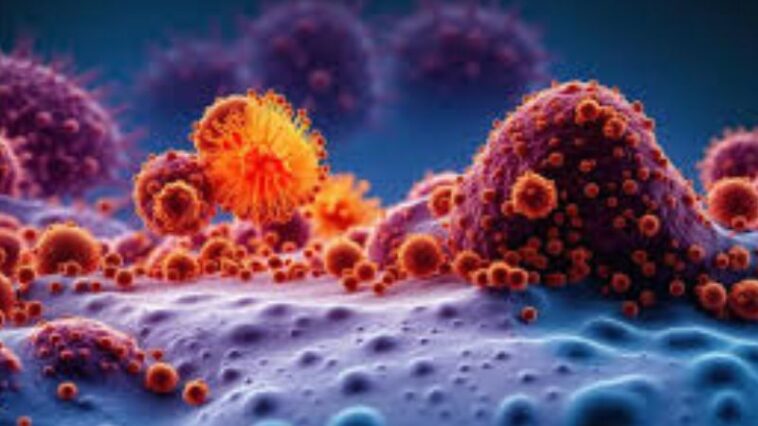Introduction
A recent groundbreaking study has identified thousands of high-risk cancer gene variants, marking a significant advancement in the field of cancer genomics. This discovery opens new pathways for personalized treatment, early diagnosis, and targeted therapies, potentially transforming the future of cancer care.
Study Overview
The study, conducted by a team of international researchers and published in the prestigious journal *Nature*, analyzed the genetic data of over 200,000 individuals. Utilizing advanced sequencing technologies and bioinformatics tools, the researchers were able to identify over 5,000 gene variants associated with a higher risk of developing various types of cancer.
– Participants: Over 200,000 individuals’ genetic data were analyzed.
– Gene Variants: More than 5,000 high-risk cancer gene variants were identified.
– Cancer Types: The study covered multiple cancer types, including breast, ovarian, prostate, and colorectal cancers.
– Increased Risk: Some identified variants were linked to a 50% higher risk of developing cancer compared to the general population.
Significant Discoveries
1.BRCA1 and BRCA2 Genes: While these genes were already known for their role in breast and ovarian cancers, the study identified additional variants within these genes, expanding the understanding of their impact.
- Newly Identified Genes: Several previously unknown genes, such as RAD51D and PALB2, were found to have variants significantly associated with increased cancer risk.
- Population-Specific Variants: The study highlighted the importance of genetic diversity by identifying population-specific variants, emphasizing the need for inclusive genetic research.
Implications for Personalized Medicine
The identification of these high-risk gene variants is a crucial step toward the implementation of personalized medicine in oncology. By understanding an individual’s genetic predisposition to cancer, healthcare providers can tailor prevention strategies, early detection methods, and treatment plans more effectively.
Early Diagnosis and Prevention
With the knowledge of specific high-risk variants, individuals can undergo more frequent and targeted screening programs, potentially catching cancer at an earlier, more treatable stage. For instance, individuals with BRCA1 or BRCA2 variants might benefit from regular mammograms and MRI scans starting at a younger age.
Targeted Therapies
The study’s findings also pave the way for the development of targeted therapies that specifically address the genetic mutations driving cancer growth. This approach could lead to more effective treatments with fewer side effects, as therapies would be designed to target only cancerous cells.
Conclusion
This study represents a monumental leap forward in the field of cancer genetics. By identifying thousands of high-risk gene variants, researchers have provided invaluable insights that could revolutionize cancer prevention, diagnosis, and treatment. As the field of personalized medicine continues to evolve, these discoveries will undoubtedly play a crucial role in shaping the future of cancer care.




GIPHY App Key not set. Please check settings